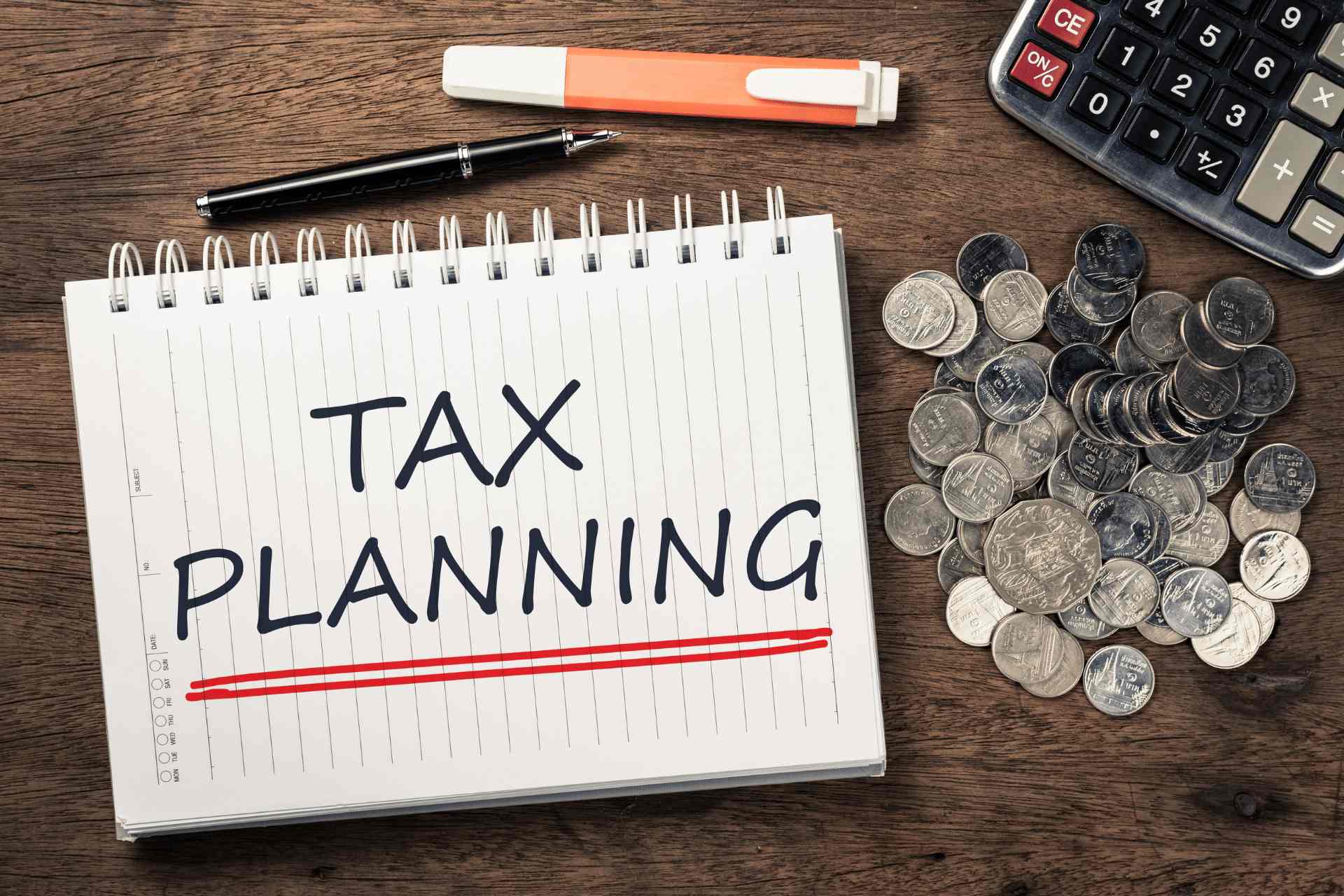Tax planning and preparation can be a daunting task, but it doesn’t have to be. Knowing the basics of tax planning and preparation can help you make the most of your taxes, both in the short-term and long-term. Let’s dive into what you need to know about tax planning and preparation.
What is Tax Planning?
Tax planning refers to the process of organizing your financial activities so that you pay the least amount of taxes possible within the framework of existing tax laws. It involves understanding current federal, state, and local tax regulations as well as predicting future changes in order to best prepare for any potential scenarios. Tax planning should involve an analysis of your income, deductions, credits, investments, retirement plan contributions, etc., so that all potential savings are maximized.
A professional accountant or CPA can help with this process by providing advice on how to structure a business entity or investments. They can also provide guidance on how to take advantage of available credits or deductions that may not be apparent at first glance. For example, a CPA may advise a small business owner on which deductions they qualify for under their particular business’s circumstances.
What is Tax Preparation?
Tax preparation refers to the actual act of filing your taxes with the IRS (or other applicable government agency). This includes gathering all necessary documents such as W2 forms, 1099 forms, etc., ensuring that all information is accurate before submitting it to the IRS. For those who are self-employed or own multiple businesses or rental properties, additional steps may need to be taken in order to ensure accuracy in reporting income and expenses related to these entities/properties/activities. A qualified accountant can help with this process by providing advice on what needs to be included on your return as well as any potential pitfalls or errors that could occur if certain information is omitted from your return.
Tax planning and preparation is an important part of managing your finances in an effective manner. Whether you do them yourself or hire a professional accountant/CPA to help out, it’s important to understand both processes so that you can maximize any potential savings while minimizing any potential errors when filing your taxes each year. Having an understanding of tax laws will also allow you to make more informed decisions regarding investments and other financial activities so that you can continue growing wealth over time without running afoul of tax authorities along the way!



 Jane Doe
Jane Doe
0 Comments